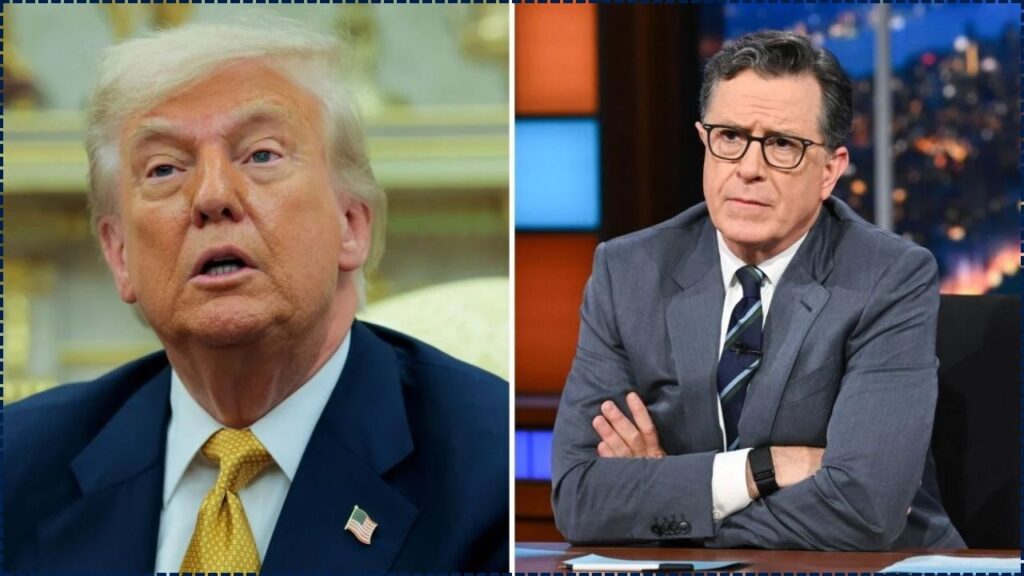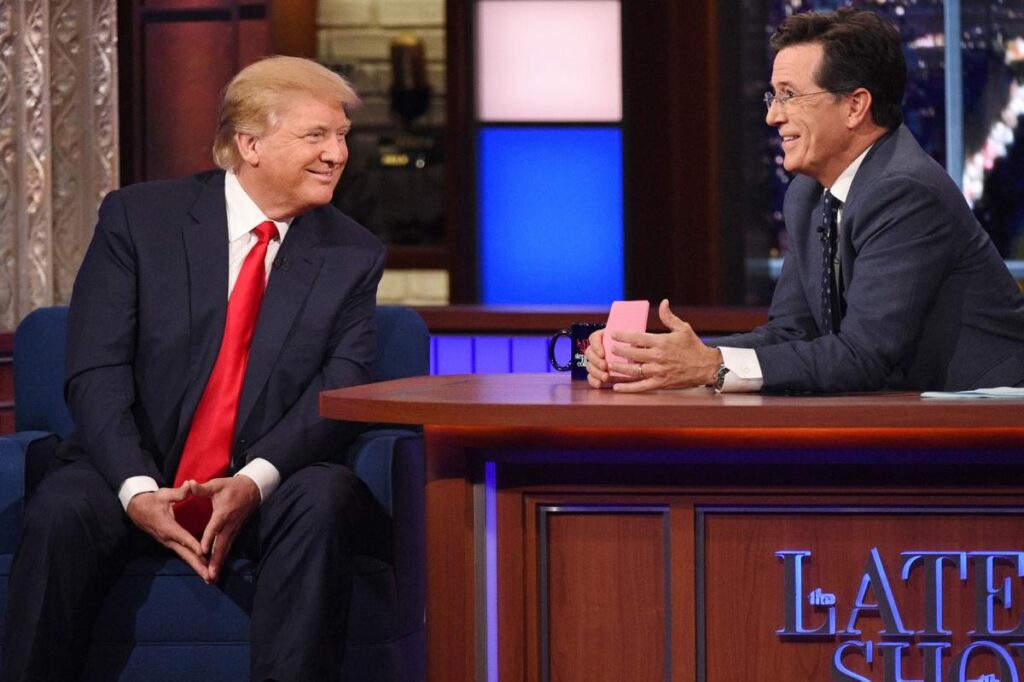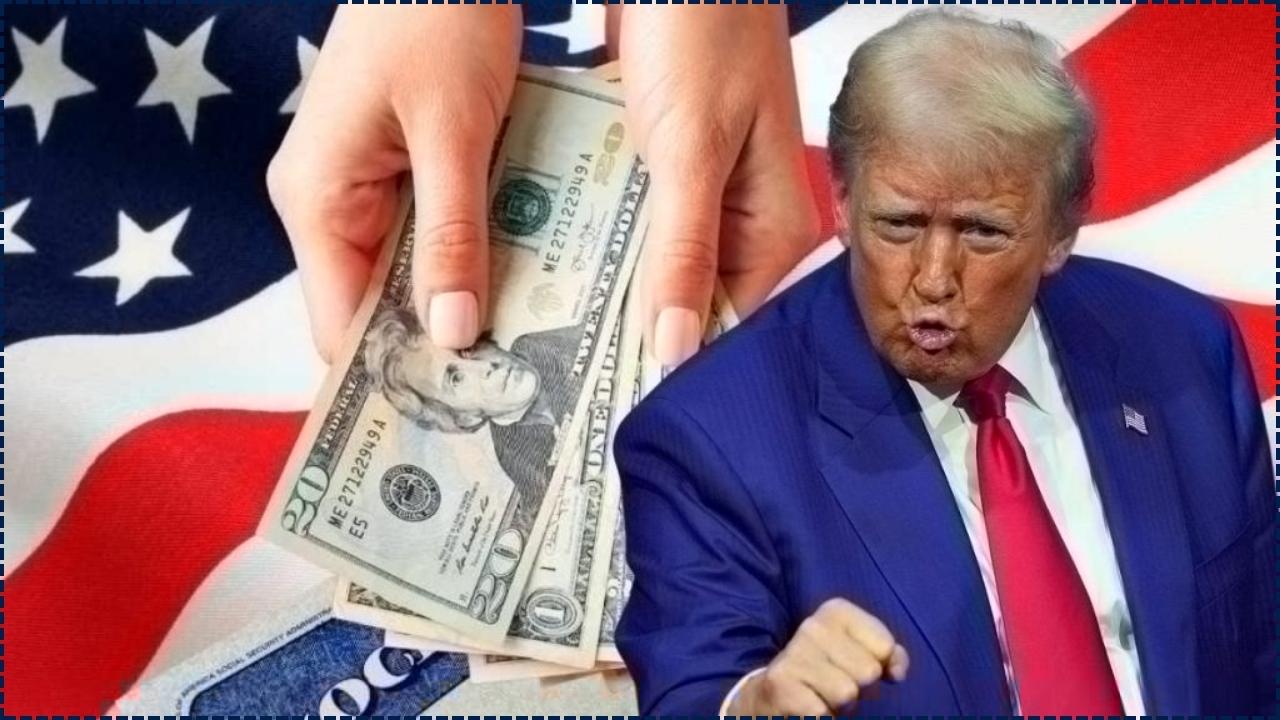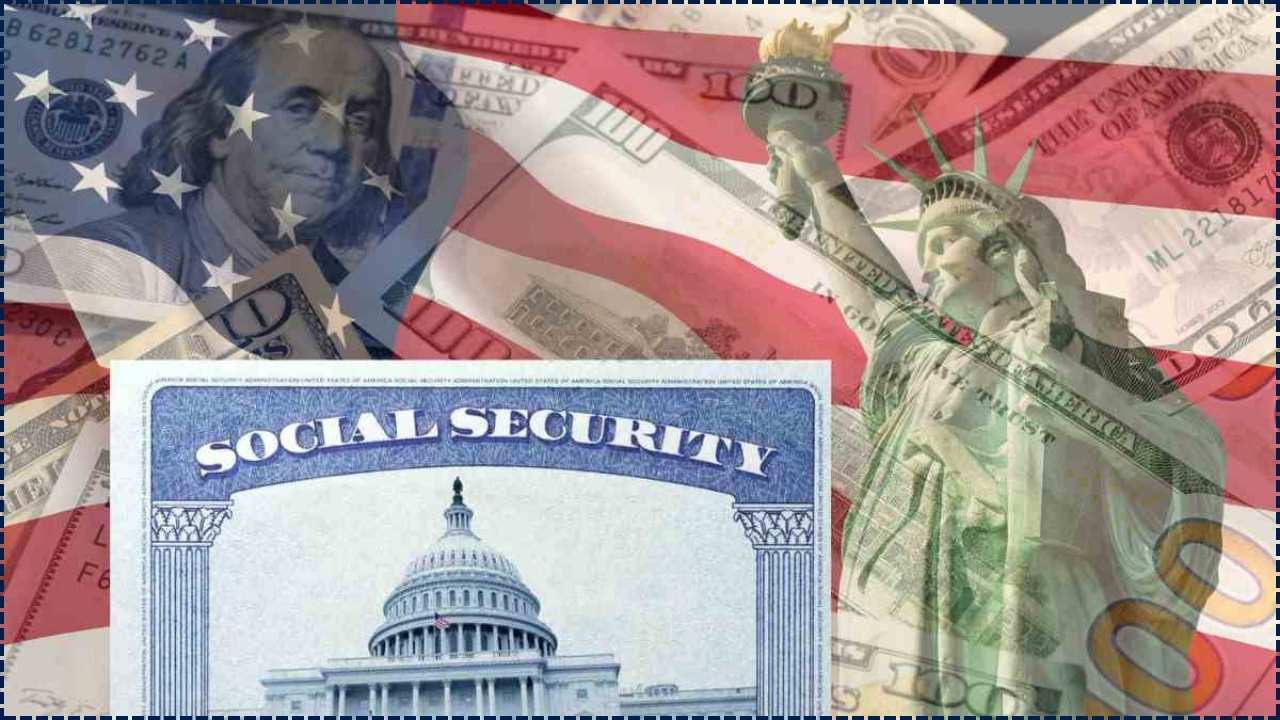With a tender heart, CBS has announced the gentle closure of The Late Show with Stephen Colbert, set to lovingly conclude in May 2026, a decision that resonates deeply within the cherished entertainment community. This shift, woven from challenges like declining viewership and rising production costs, follows Colbert’s courageous critique of CBS’s parent company, Paramount Global, amid a $16 million settlement with former President Donald Trump over a 60 Minutes interview.

This moment invites us to unite in fostering reflection and understanding, ensuring every voice in our creative community feels valued, heard, and uplifted with hope, dignity, and care as we navigate this transition together.
While CBS maintains that the cancellation is a financial decision, the timing of the move—just days after Colbert ripped into the Trump deal—has led to speculation about the political motivations behind the decision. In this article, we’ll break down the full story behind the cancellation, Colbert’s response, and the broader impact of this high-profile decision.
CBS Cancels The Late Show
| Key Takeaways | Details |
|---|---|
| Show Cancellation | The Late Show with Stephen Colbert will end in May 2026. |
| Financial Challenges | CBS cites viewership decline and production costs as reasons for the cancellation. |
| Trump Settlement | CBS’s parent company, Paramount Global, reached a $16 million settlement with Donald Trump following a deceptive 60 Minutes interview. |
| Colbert’s Criticism | Colbert referred to the settlement as a “big fat bribe” and questioned the political motivations behind it. |
| Political Backlash | Critics, including Senators Elizabeth Warren and Adam Schiff, have raised concerns about political interference. |
The cancellation of The Late Show with Stephen Colbert represents the end of an era for late-night television, leaving fans to wonder whether the timing was purely coincidental or influenced by political pressures. While CBS cites financial reasons for the decision, the combination of Colbert’s criticism of the Trump settlement and the growing challenges in the late-night TV landscape paints a complicated picture. The legacy of Stephen Colbert’s sharp political satire and satirical commentary will undoubtedly live on in the history of television, but the question remains: Did politics play a role in the show’s axing?

A Look at Colbert’s Impact on Late-Night TV
Stephen Colbert’s Late Show was more than just a late-night talk show; it became a political platform, where Colbert’s biting satire and sharp wit brought comedic commentary to the political discourse. His ability to blend humor with current events made him a key figure in political satire, following in the footsteps of Jon Stewart. Colbert’s brand of humor—often laced with sharp critiques of the political establishment—became a cultural touchstone, particularly during the Trump presidency.
Under Colbert’s leadership, The Late Show regularly challenged the status quo, offering both comedic relief and political commentary. It became an essential source of news for viewers who were tired of traditional political discourse, combining humor with a critical lens on the most important issues facing the country. In many ways, Colbert’s departure signals the end of an era for late-night television, especially given how crucial his voice was during times of political crisis.
CBS’s Financial Struggles in the Late-Night Television Market
CBS, like many traditional networks, has faced growing challenges in the late-night television market. With viewership declining across traditional television, the competition from streaming services like Netflix, HBO Max, and Disney+ has put increased pressure on networks to adapt. These streaming platforms are increasingly dominating the entertainment landscape, drawing younger audiences who prefer on-demand content rather than appointment viewing.
The Late Show was still leading its time slot with 2.42 million viewers per episode, but even successful shows are feeling the pinch as traditional networks face rising production costs. Colbert’s show had been nominated for multiple Emmy awards and maintained a loyal fanbase, but as viewership patterns shift, CBS likely found it increasingly difficult to justify the show’s cost versus its return on investment.
The decision to cancel The Late Show was clearly influenced by these broader market forces, with CBS facing declining ad revenues from traditional broadcasts and increasingly struggling to secure younger demographics.
Political Influence in Media: A Broader Conversation
The timing of Colbert’s cancellation, coinciding with his criticism of Paramount’s $16 million settlement with Trump, brings us to an uncomfortable question: How much influence does politics have on the media? In this case, Colbert’s sharp critique of the settlement—which he called a “big fat bribe”—highlighted the growing tension between media companies and political power.
This moment underscores the blurred lines between entertainment and politics, particularly in late-night TV, where political commentary is often mixed with humor. Colbert, who had openly criticized Trump on multiple occasions, became a vocal critic not just of the Trump administration, but also of the corporate interests driving media conglomerates like Paramount Global.
As Colbert’s public clash with the network over political and financial matters unfolded, it raised the larger question of how corporate interests and political considerations influence the media landscape. The blending of these forces has created a new dynamic in TV programming, where financial concerns and political allegiances play significant roles in shaping content.
Public Opinion and Viewer Reactions
Since the announcement of The Late Show’s cancellation, there has been a significant reaction from viewers, industry professionals, and politicians. Fans of Colbert’s brand of satire have expressed disappointment and outrage over the decision, with many feeling that Colbert’s departure marks the end of the golden age of political comedy on late-night TV.
Senators Elizabeth Warren and Adam Schiff have raised concerns about the possibility of political motivations behind the show’s cancellation, asking whether CBS gave in to political pressures from conservative forces. Hollywood figures have also chimed in, with Jimmy Kimmel and Jon Stewart voicing their support for Colbert and criticizing CBS for its decision.
Even former President Trump celebrated the cancellation on social media, calling it a victory for his side. Trump’s remarks further complicated the situation, as many speculated whether Colbert’s strong political commentary had indeed contributed to the show’s cancellation.
Related Links
Oklahoma Drivers Could Get $500 from This Shocking Class Action — See If Your Car Is Eligible
$5,000 Payout Available Now — Final Deadline to Claim Is July 25
New Law Rolls Back Portions of St. Louis Firefighter Pension Reforms Signed by Kehoe
Colbert’s Legacy and What Comes Next
As The Late Show prepares for its final episodes in May 2026, the legacy of Stephen Colbert is secure. He has been one of the most influential figures in late-night television over the past two decades, blending humor with political commentary and providing sharp critiques of those in power. His influence extends far beyond late-night TV; Colbert has become a voice for resistance and political accountability in an era of growing political polarization.
Despite the cancellation, Colbert’s work will continue to resonate with audiences long after The Late Show ends. Whether he moves to another project or returns to his roots in political satire, Colbert will likely remain an important voice in American media for years to come.
FAQs
Q: Why did CBS cancel The Late Show?
A: CBS cited financial reasons such as declining viewership and rising production costs. However, the timing of the cancellation, following Colbert’s public criticism of a $16 million settlement with Donald Trump, has led to questions about political motivations.
Q: What was the $16 million settlement about?
A: Paramount Global, CBS’s parent company, settled a lawsuit with Donald Trump following a controversy over a 60 Minutes interview.
Q: How have viewers and critics reacted to the cancellation?
A: There has been widespread disappointment from fans, with some questioning whether political pressures led to the show’s cancellation.
Q: What’s next for Stephen Colbert?
A: Colbert has expressed gratitude to his team and audience, and while he has not yet announced any new projects, he has promised to continue working on the show until its conclusion in 2026.




